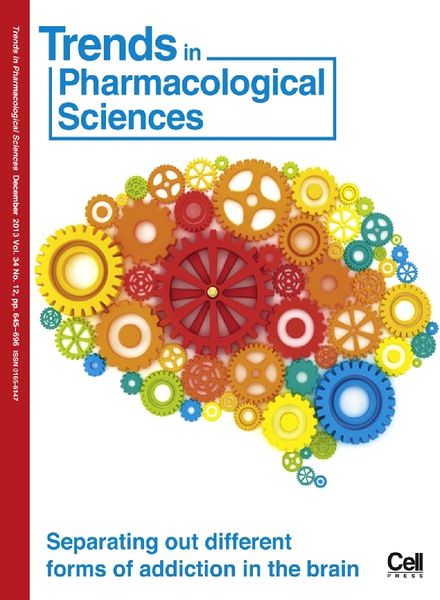
“In 2008, over one million individuals were diagnosed with colon cancer, also known as colorectal cancer or bowel cancer and it caused over 600,000 deaths globally. The results of a study published in the journal Phytomedicine in October 2013 suggest that a botanical extract made from high-CBD (cannabidiol) cannabis can selectively target colon cancer cells, while leaving healthy cells unharmed.
Researchers were able to reduce tumor growth and pre-cancerous lesions in mice with colon cancer using the pot molecule CBD as part of a “botanical drug substance”. The authors believe that CBD’s benefits as demonstrated by the results of the study could have clinical relevance for the use of cannabis-based medicines in cancer patients.
Current colon cancer treatments are not only very toxic but also fail to prevent the progression of the disease in some patients. Disease incidence and mortality have not reduced using screening strategies for colon cancer.
Researchers have made progress in investigating cannabis as a treatment for breast and brain cancers considering its antiproliferative CB1 and CB2-mediated effects in colorectal cancer cells and action in experimental models of colon cancer. The study was partially funded through grants from GW Pharmaceuticals and lead by researchers from Italy and the UK.”




1942-7611/asset/olalertbanner.jpg?v=1&s=4b27d6a6bed6b58a9935efe70e4f95efc39146bd)